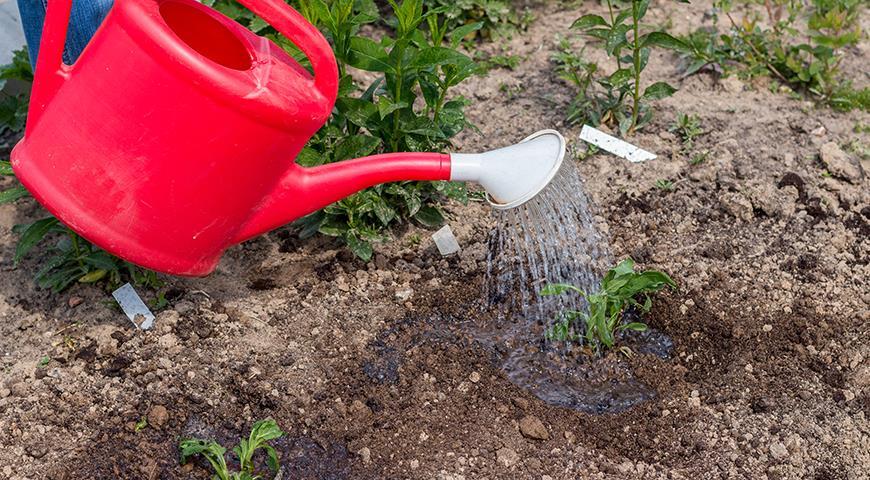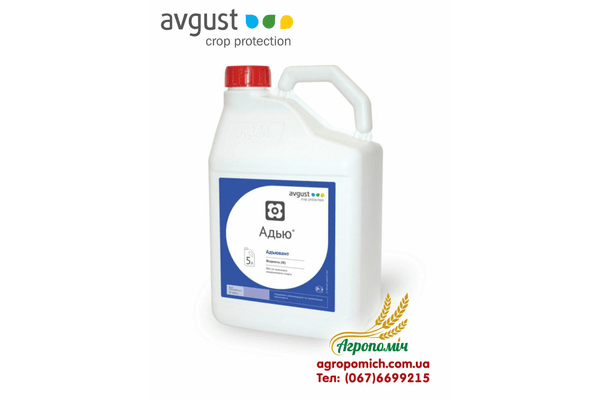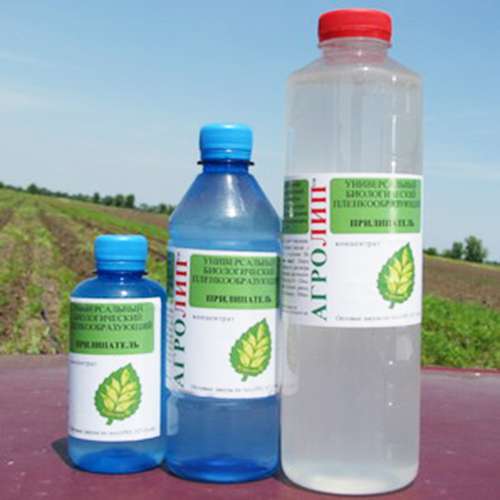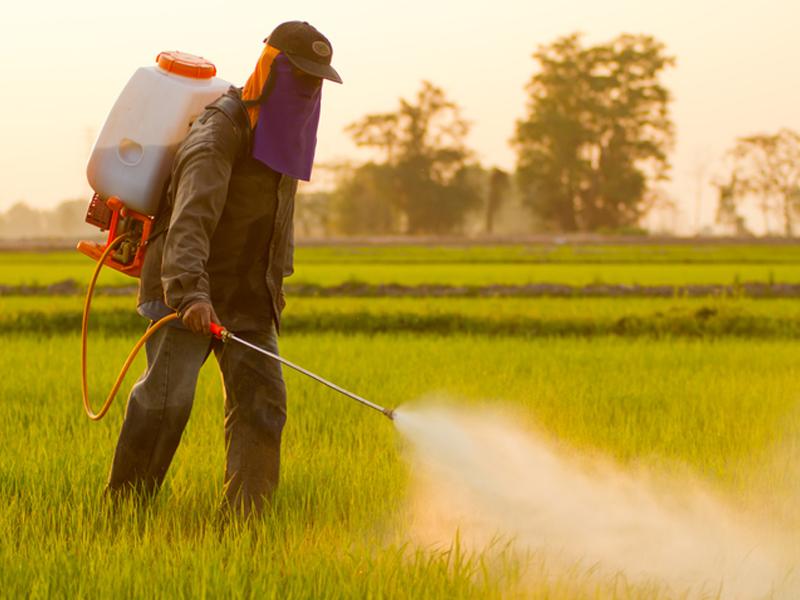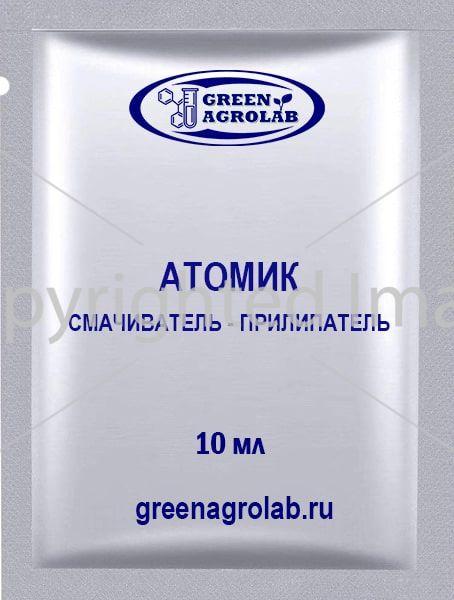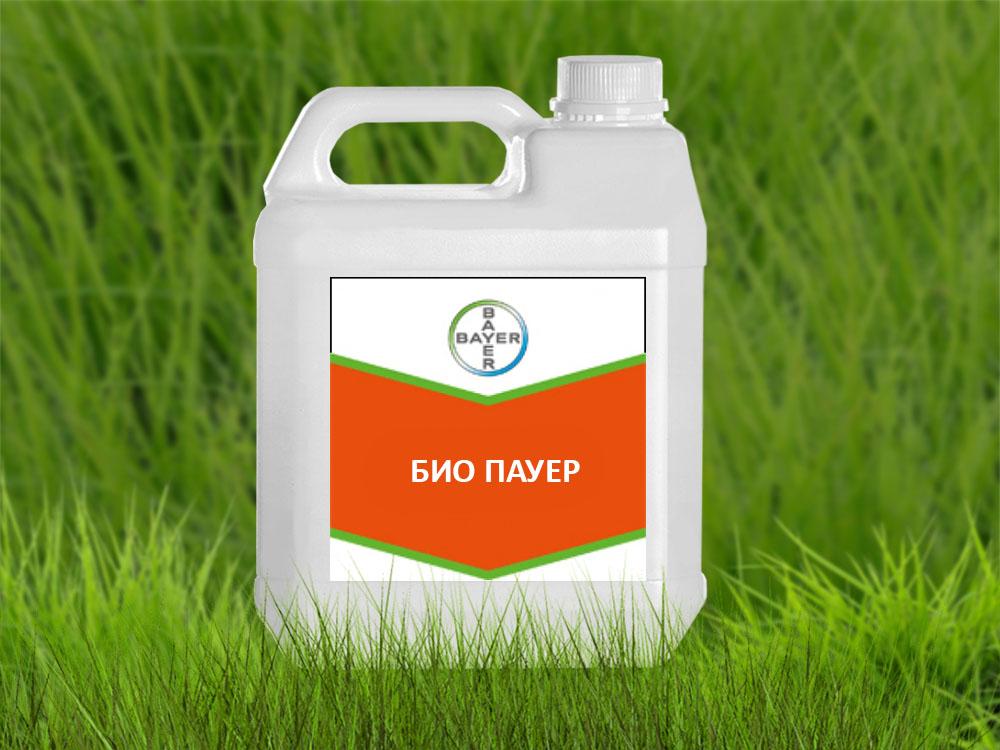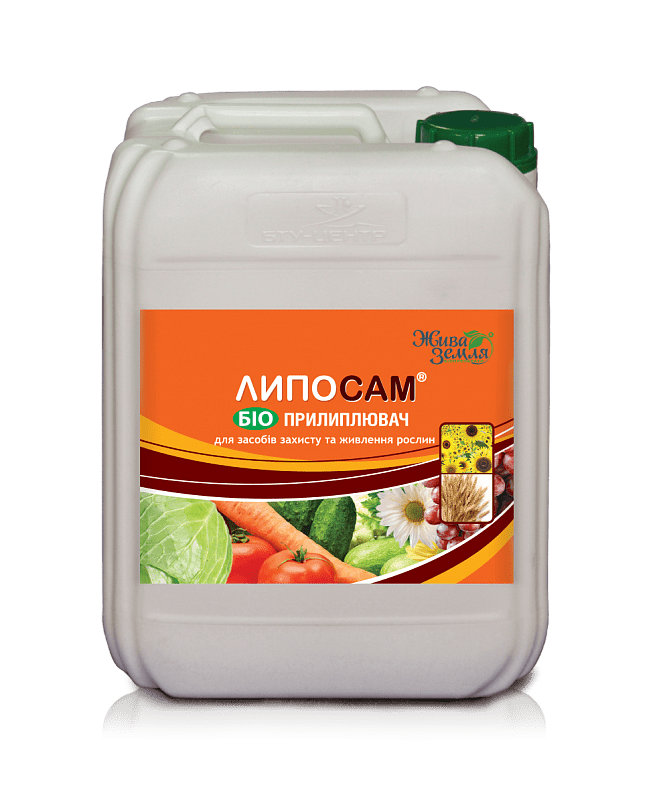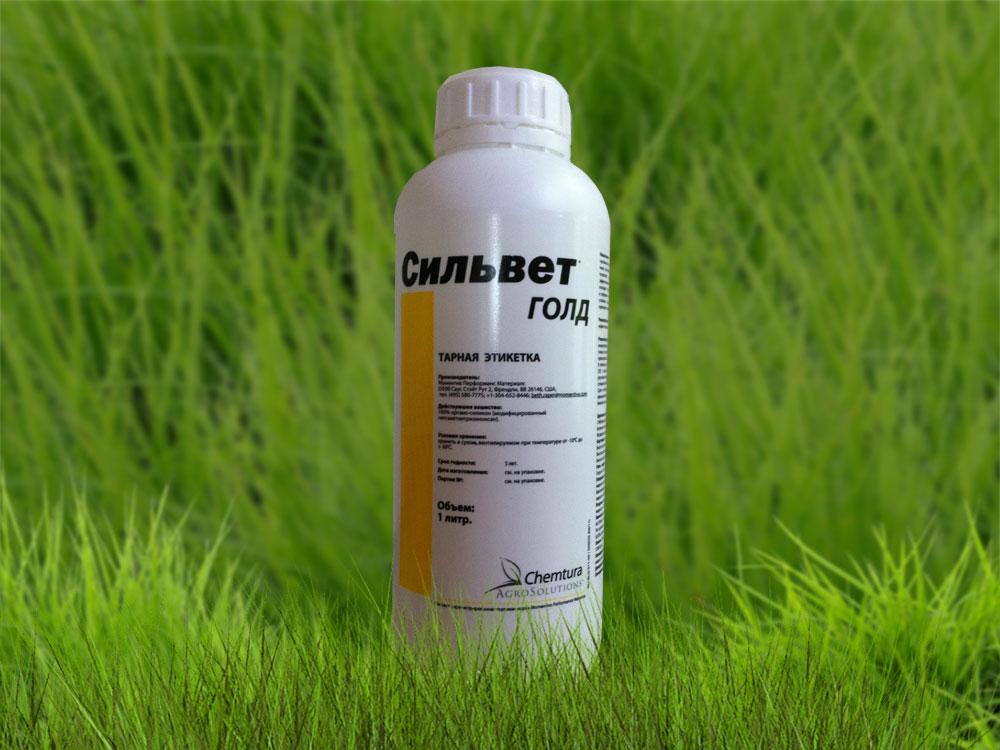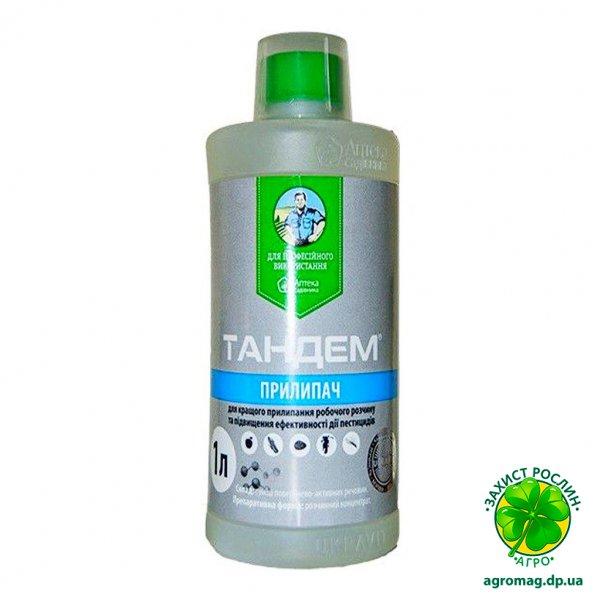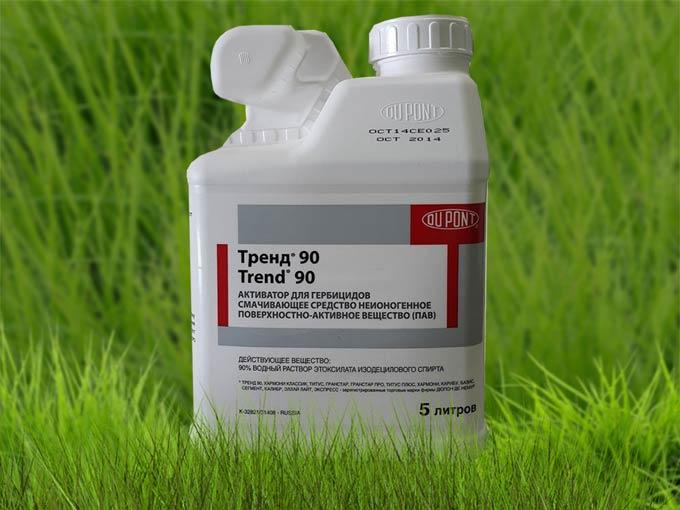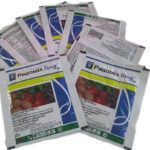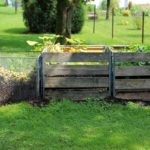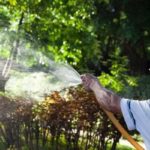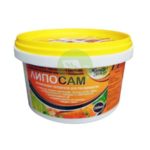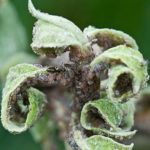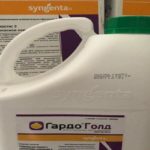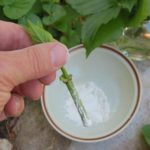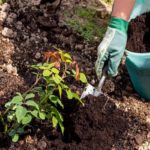In agriculture, in garden plots and in indoor floriculture, there is often a need to use an adhesive to spray plants. There is an extensive list of similar products that contribute to better processing of plantings, as well as a long stay of the active substance on the surface of leaves and shoots.
What is plant spray adhesive
An adhesive is an auxiliary substance that prevents the working solution from slipping and running off from foliage and branches. It is used for foliar feeding, as well as for spraying plants with pesticides that need to remain on the surface for a long time.
Products of this type form a thin, air-permeable film that allows the plant to breathe, but prevents the removal of a protective or medicinal drug, as well as fertilizers, from it. A high-quality adhesive lasts a long time, is not washed off by precipitation, allowing pesticides to do their job, and reduces evaporation.
Types of adhesives
There are 3 types of adhesives – surfactants:
- Anionic.
- Cationic.
- Non-ionizing.
The last type is used to treat plants, the first two fall under the characteristics of household chemicals. Non-ionizing surfactants contain biological components that pose no threat to either nature or people. Most often, they use vegetable oil, which is flexible, spreads well, provides a film permeable to oxygen, is not washed off with water and does not harm the environment.
Review of drugs
Adhesives are in demand by consumers, therefore they are produced in a fairly wide range. In order for the user to be able to choose the best option for himself, it is necessary to objectively evaluate the technical characteristics and main qualities of each drug.
"Adju"
"Agrolip"
"Gait"
"Atomic"
"BioPower"
"Liposam"
"Sylvet 408" and "Gold"
"Tandem"
"Trend 90"
Folk remedies as an adhesive
When processing large agricultural areas, the company buys adhesives on an industrial scale. For a private household, and especially for processing indoor flowers, it is not profitable to buy expensive preparations; they are expensive. Therefore, you have to look for cheap substitutes that you can buy at your nearest store.
It is easier for these purposes to use an available detergent, for example, dishwashing detergent, liquid or dissolved bar soap, even shampoo. Since you don’t want to harm the plants, it is better to choose environmentally friendly surfactants marked with the “ECO” symbol.
A cheap household option is bar soap. It must be grated and dissolved in warm water. The prepared solution is mixed with the required drug.Due to its low cost and availability, it can be used for treating indoor plants or for small summer cottages. However, like him green soap, it is undesirable to mix with acidic fertilizers for foliar feeding, since the alkaline reaction will neutralize the environment, and the fertilizers will be completely ineffective.

